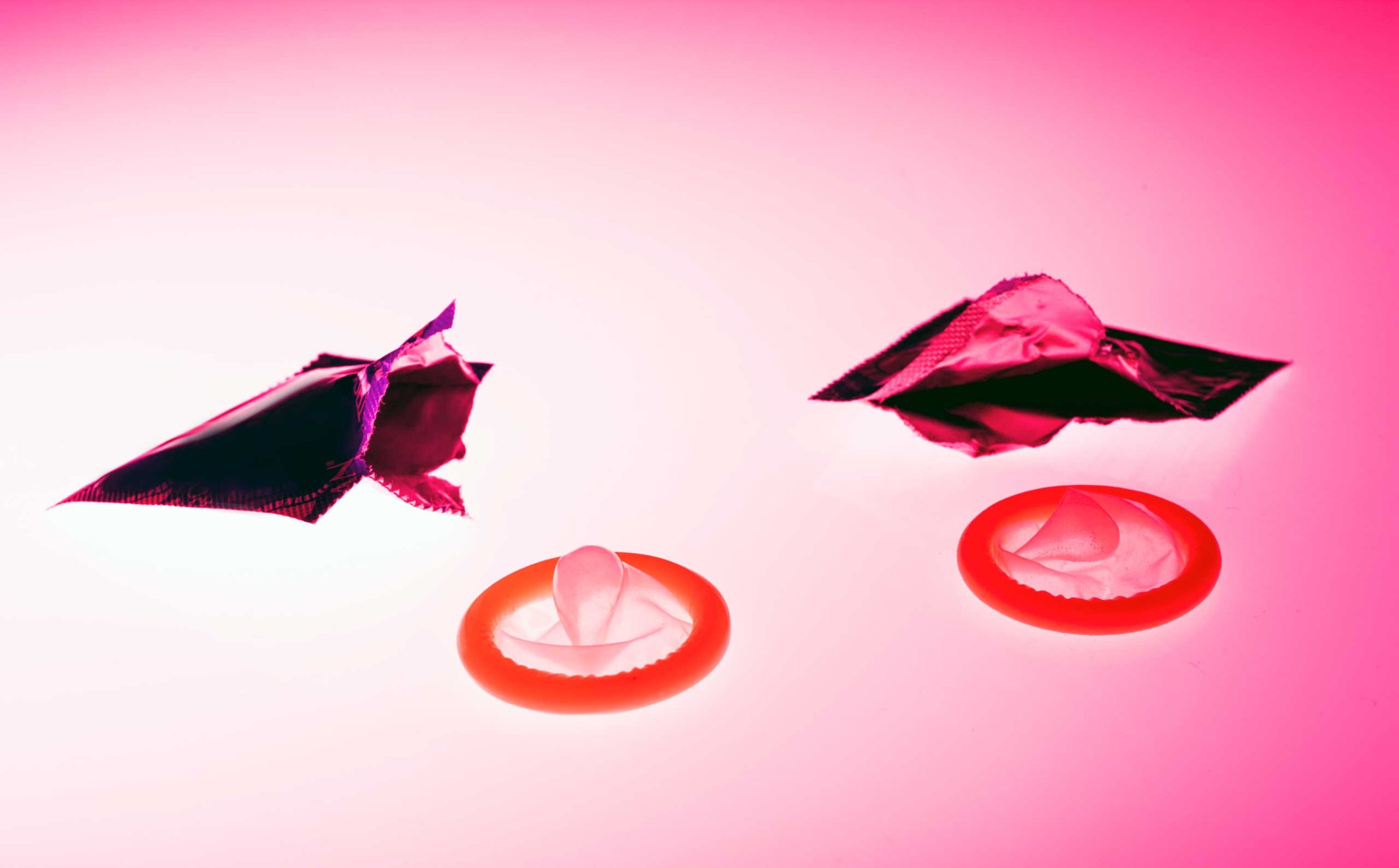
The more often a woman has sex, the more frequently her immune system gets the message that it’s time to make baby, which may increase her chances of conceiving, new research suggests.
Two new papers, one published in the journal Fertility and Sterility and another in the journal Physiology and Behavior (both led by Tierney Lorenz, a visiting research scientist at the Kinsey Institute at Indiana University) argue that even when a woman has sex outside of her fertile window, it triggers changes to the immune system that could increase her likelihood of eventually getting pregnant.
Both studies are preliminary, and while the researchers—as well as experts not involved in the new papers—caution that it’s too early to make recommendations based on the finding, the impact of sexual activity on immune system is worth more investigation.
The immune system is an important factor in a healthy pregnancy, Lorenz says. “Everything from making sure the sperm meets the egg without getting attacked as an invader, to helping the fertilized egg implant into the uterine wall…is directed by the immune system,” she says.
“Certain immune responses are helpful at different points of the menstrual cycle for preparing for or sustaining a pregnancy, and these responses were more common among the sexually active women in our study.”
The findings suggest that sexual activity might prime a woman’s immune responses so that when she does have sex during her fertile window, her immune system is already engaged in pro-pregnancy responses.
In both studies, the researchers looked at data from about 30 healthy women, a relatively small sample size. Around half of the women were sexually active and half were not. One study looked at helper T cells and the other looked at antibodies. Helper T-cells direct the immune system to the right targets and play a role in determining the best type of response. Antibodies flag pathogens as invaders and can disarm some of them.
In one study the researchers found that sexually active women had greater changes in their helper T cells. (Type 1 helper T cells help the body defend itself from invaders and type 2 helper T cells help the body learn that the presence of what otherwise would be viewed as an invader, like sperm for example, are actually OK.) The women who were sexually active had higher levels of the type 2 cells during the period of their menstrual cycle where the uterine lining gets thicker as it prepares for pregnancy, and they had higher levels of type 1 cells during a phase in their cycle when the ovaries’ follicles mature. The researchers did not see these changes in the women who were abstinent.
In the other study, the researchers looked at antibodies. During the same two phases of the menstrual cycles, they found different fluctuations in two types of antibodies in the women who didn’t have sex and the women who did. The researchers say this also could mean the sexually active women’s bodies were preparing in a unique way.
“Having sex seems to be a signal to the woman’s immune system to focus on the kinds of immune response that promote conception, rather than other kinds of immune response,” says Lorenz. “Essentially, it changes the immune system’s priority from defending against disease and repairing tissues, to helping along conception and implantation, and preparing for a possible pregnancy.”
Prior research has shown that women who are sexually active have different immunity patterns than women who are not, Lorenz says. “But no one has put those two ideas together: that sexual activity may be the necessary cue to engage these shifts,” she says.
The researchers were not looking at women who were trying to conceive, so the authors say the impact on women’s fertility still remains unclear.
“The study is provocative and interesting,” says Dr. James Segars, a professor of gynecology and obstetrics at Johns Hopkins University School of Medicine. “The problem is that both of the studies have a very small sample size. I would have liked to see more on the stress levels of the abstinent women, how oxytocin—which is released during orgasm—plays a role.” Segars was not involved in either study.
“From a scientific standpoint, I can’t tell my patients to do this based on these studies. But we need more information on this. I think if a couple is having sex, they are likely in a better situation to have kids. They probably ovulate more often and have a better immune system overall,” says Segars.
Lorenz agrees that the research needs further study. “We need to do a lot more research about how sexual activity impacts the immune system, and whether or not these effects generalize to women who are on hormonal medications, or have health conditions, or have irregular menstrual cycles,” she says.
“Much like pregnant women, women who are trying to conceive get advice on very intimate things from a wide variety of sources, from their doctors to their grocery baggers,” she adds. “So ultimately, my advice is: do what works right in your relationship.”
More Must-Reads from TIME
- Donald Trump Is TIME's 2024 Person of the Year
- Why We Chose Trump as Person of the Year
- Is Intermittent Fasting Good or Bad for You?
- The 100 Must-Read Books of 2024
- The 20 Best Christmas TV Episodes
- Column: If Optimism Feels Ridiculous Now, Try Hope
- The Future of Climate Action Is Trade Policy
- Merle Bombardieri Is Helping People Make the Baby Decision
Contact us at letters@time.com